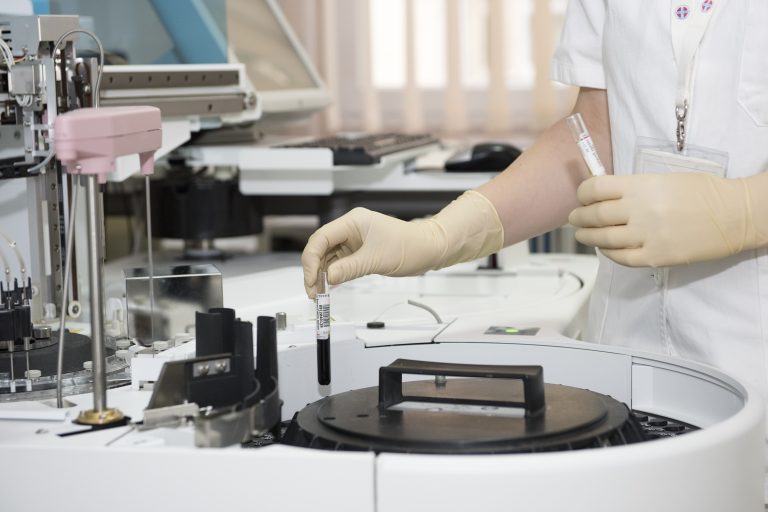Dr. Maria Elizabeth de los Rios Uriarte, professor, and researcher at the Faculty of Bioethics of the University of Anahuac of Mexico shares with Exaudi’s readers her article entitled “Bioethics, What For?” on the purpose of this discipline and its usefulness.
* * *
The worldwide COVID-19 pandemic has revealed the fragile security of human reason and has opened our eyes to make us realize that we need to accompany medicine and techniques with an ethical reflection, which enables us to make decisions geared to safeguarding those values that are most important to us: life, dignity, integrity, and autonomy.
Decisions on the allocation of scarce resources, the initiation or withdrawal of medical treatments or procedures, ethical considerations to lessen the sufferings of terminal patients (we recall the Letter Samaritanus Bonus given in September 2002 by the Sacred Congregation for the Doctrine of the Faith), etc., which are only some of the examples that leave exposed the need to count on principles that direct our human behavior.
In face of these scenarios of anxious doubts, Bioethics takes on a preponderant role as, being an interdisciplinary science, it calls for dialogue to seek integral solutions and to direct ethical decisions.
This discipline goes back to 1927 when Protestant theologian Fritz Jahr coined the term Bio-Ethik to refer to the ethics of human behavior, but it wasn’t until 1971 that Dutch oncologist Van Ranssaeler Potter launched the famous term Bioethics in his work: “Bioethics: Bridge to the Future,” referring to the genuine concern for the care of the environment.
With the passing of time, the evolution of the term has focused on those questions that revolve around the health and life sciences in relation to human behavior, that is, Bioethics acts as a compass to orient human beings’ affairs regarding life and health.
Although it’s true that there are several models of thought in Bioethics and that, in considering its analysis of the contextual aspects of each country and each person, Bioethics makes possible reflection on what is good and ethical and what is not and, consequently, urges to choose the former over the latter.
Bioethics’ complexity lies in its method as, in itself, it is inter-disciplinary in which at least three sciences converge: medicine, philosophy, and law. It’s the reason why today academic institutions offer programs of solid formation in this subject and have fought against the traditional stigmas that attempt to lower the rigorous and systematic study of this inter-disciplinary approach to mere subjective musings.
In Mexico, Bioethics has gained strength thanks to the efforts of the National Bioethics Commission and educational institutions, specifically, since 2011, when Article 41 bis was added and Article 98 was reformed of the General Health Law, to establish the urgency for all health institutions to have a Hospital Bioethics Committee, which must operate regularly, and be made up of people that have previous formation; it must be inter-disciplinary and be renewed every three years.
The foregoing has been a laudable effort to boost Bioethics in the country. Nevertheless, we still have to do more. We need to follow-up by preparing professional bioethicists in order to take Bioethics to patients’ beds, to be next to doctors, patients, and families to help in taking decisions that safeguard life and the dignity of the sick, and that are capable of giving rapid and effective answers to the ethical dilemmas that the present times present.
In his Encyclical Fratelli Tutti, Pope Francis takes up the parable of the Good Samaritan and exhorts us to make ourselves one with our assaulted, stricken brother left on the side of the road, more than that, to make ourselves his neighbor (FT Number 81). In this connection, Bioethics as ethics of care is useful to share the pain, the sickness, the suffering of the other under the horizon of hope. It is, in fact, in times of crisis that “we are all in the same boat” (Pope Francis’ words expressed during the Urbi et Orbi Blessing on March 27, 2020) which urges us to accompany and care for one another mutually. However, to do so, we must be theoretically and fraternally prepared, something that is fundamental. And Bioethics promotes such attitudes to find integral solutions that defend and promote human life.
The need to take recourse to Bioethics was made evident in recent months given the complexity of the courses of action at the level of health The demand is very high but the possibility to cover it is still scarce. Will we assume the cultural, economic, and professional challenge to prepare ourselves and to promote Bioethics?










